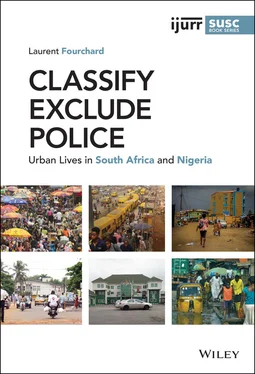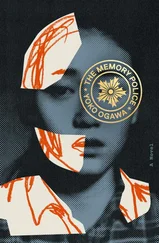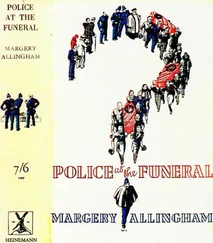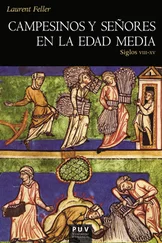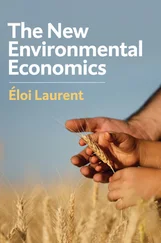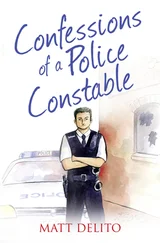Jean‐François Bayart, Frederick Cooper, Peter Geschiere, Fabien Jobard, Patrick Le Galès and Ibrahima Thioub brought me central elements when defending my Habilitation in Sciences Po Paris in 2015, which helped me to enrich my original manuscript. The French version of the book would not have been possible without their advice. I would also like to thank Emmanuel Blanchard, Vincent Bonnecase, Daouda Gary‐Tounkara and Joel Glasman for reading some chapters and for their bibliographical suggestions. Presentation of the French version of the book has received many critical comments from Elodie Apard, Jean‐Pierre Bat, François Bonnet, Chloé Buire, Corentin Cohen, Julie Clerc, Gilles Favarel‐Garrigues, Laurent Gayer, Paul Grassin, Béatrice Hibou, Patrick Le Galès, Virginie Malochet, Claire Médard, Thierry Oblet, Daniel Sabbagh, Marianne Saddier and Djemila Zeneidi whose suggestions helped me improve the English version. Jennifer Robinson who encouraged me for years to write a book, provided a considerable number of suggestions for revising the English version. I would like to warmly thank her as well as Walter Nicholls, the chief editor of the SUSC series and Jacqueline Scott for being very supportive. This English version was made possible, thanks to the executive director of the Presses de Sciences Po, Julie Gazier, thanks to the financial support of CERI and the Urban School of Sciences Po and to the translator Susan Taponier.
I would like to warmly thank Joseph Ayodokun (in Ibadan), Gboyega Adebayo and Joseph Akinniyi (in Lagos) and David Agige (in Jos) who helped me interview civil servants, politicians and union officials in the neighbourhoods mentioned in the book. I also thank them for the translations made in Yoruba (Lagos and Ibadan) in Hausa, Afizere and Anaguta (in Jos). Their work has considerable influence and I wish them success in achieving their doctoral thesis.
Emmanuelle Spiesse, Marcel, Gaspard and Achille Fourchard have been infinitely patient and unwaveringly supported me throughout the years. This book is dedicated to them.
Classify, Exclude, Police
Nigeria, 2006: Human Rights Watch published a report on discrimination against the country’s non‐indigene* 1 populations:
‘The population of every state and local government in Nigeria is officially divided into two categories of citizens: those who are indigenes and those who are not. The indigenes of a place are those who can trace their ethnic and genealogical roots back to a community of people who originally settled there. Everyone else, no matter how long they or their families have lived in the place they call home, is and always will be a non‐indigene.’ (Human Rights Watch, April 2006, p. 1.)
The report indicates that many states refuse to employ non‐indigenes in the civil service, discriminate against them in the provision of basic services, and often deny them the right to stand for office in local and state government elections, thereby treating them as second‐class citizens. Furthermore, the report asserts that the division between indigenes and non‐indigenes has led to extreme violence in some localities: 1,000 people died in the city of Jos (in the centre of the country) in September 2001, more than 600 in the small town of Yelwa (200 km from Jos) during the first half of 2004, and several hundred in 1997 and 2003 in the city of Warri (Niger Delta).
South Africa, May 2008: xenophobic violence engulfed the whole country during the month of May, leaving 60 dead, 700 injured, and more than 100,000 displaced. A third of the victims were South Africans, although foreigners from other African countries were the main targets (Landau 2011, p. 1). The violence began in the township of Alexandra in Johannesburg, then spread to other townships chiefly in the province of Gauteng, and later to the cities of Cape Town and Durban. The 140 zones involved were mostly townships and informal urban areas.
The violence of the attacks was unspeakable. For the moment, we would simply note that it was grounded in the exclusion of a group based solely on nationality (other than South African) or origin (non‐indigene), and that it took place on a national scale and in urban environments. 2 National affiliation or supposed origin are only one among numerous repertoires of exclusion and one of the categories that potentially generates the use of violence, but their repetition and widespread protean nature – offences against the integrity of persons, mob violence, repression by security forces – and the countless forms of exclusion are indeed at the core of the historiography of these two countries.
Metropolises function as command posts, overseeing a concentration of population, production and consumption. As such, they offer an ideal observation point for studying the day‐to‐day practices of power and the genealogy of forms of exclusion. Lagos, Ibadan and Kano in Nigeria and Cape Town and Johannesburg in South Africa have been metropolises for over a century (see Figures I.1and I.2). All of them house government agencies and influential political networks. 3 By the end of the nineteenth century, they had become leading labour markets at the regional or countrywide level, and their rapid growth (see Table I.1) soon gave rise to new forms of poverty and social violence (unemployment, delinquency, maltreatment, prostitution, gangsterism, procuring) and problems integrating migrant populations. Their increasing social diversity generated a profusion of discourses and they became privileged places for producing knowledge and testing, developing and implementing new apparatuses of power. 4 These apparatuses contributed significantly to turning the metropolises into laboratories for exclusion and the use of violence. Some initiatives were introduced by state agents to target categories of people whose socialisation to urban life was deemed problematic (temporary migrants, non‐natives*, delinquents, children in need of care, single women). Over time such instruments became permanent features of city life, but they remained politicised, conveying values that embodied a particular interpretation of society and ideas about how to regulate it (Lascoumes and Le Galès 2004, p. 13).
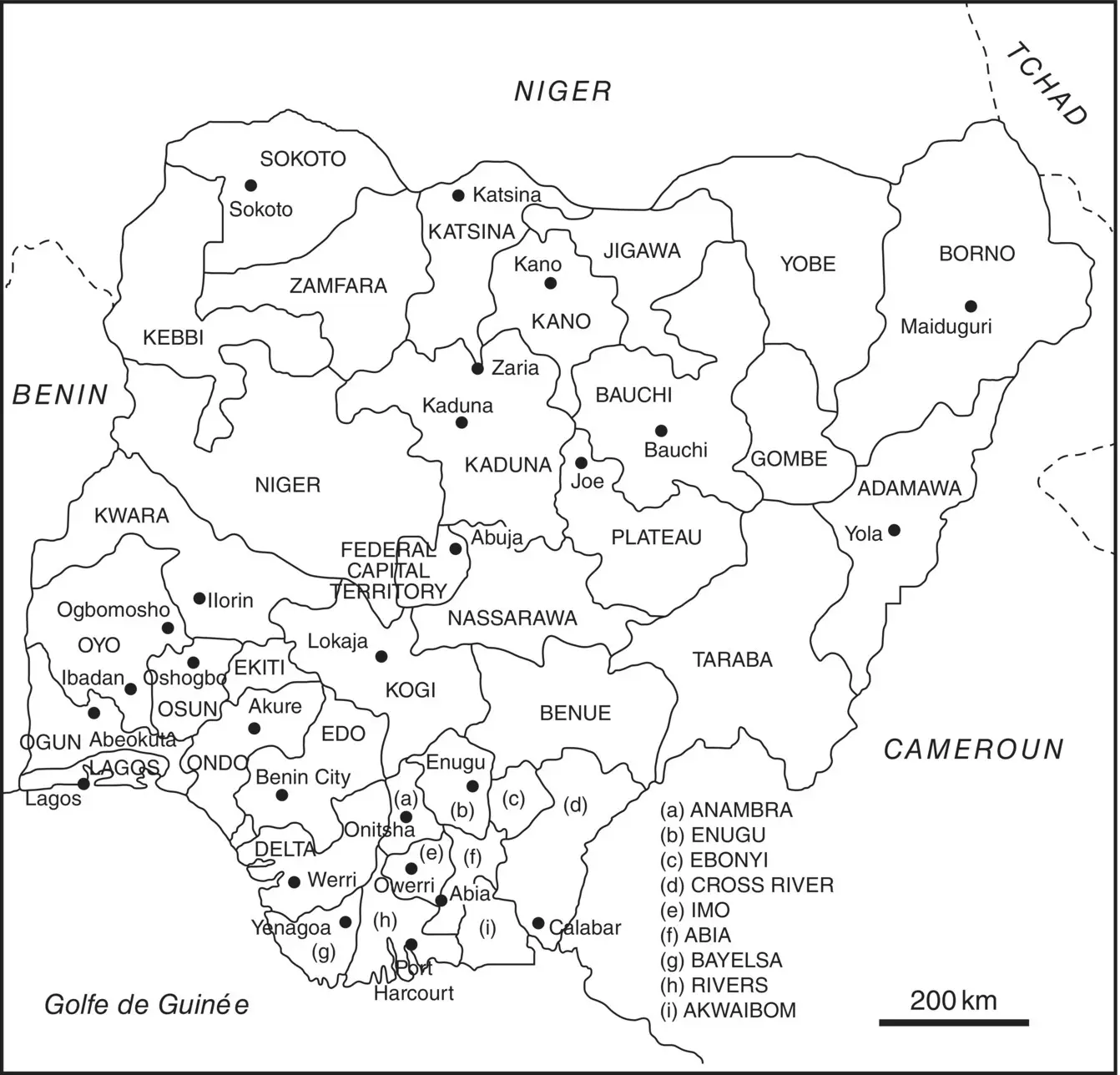
FIGURE I.1 States and cities in Nigeria
Source:Realised by Christine Deslaurier. IRD, UR 102, 2007.
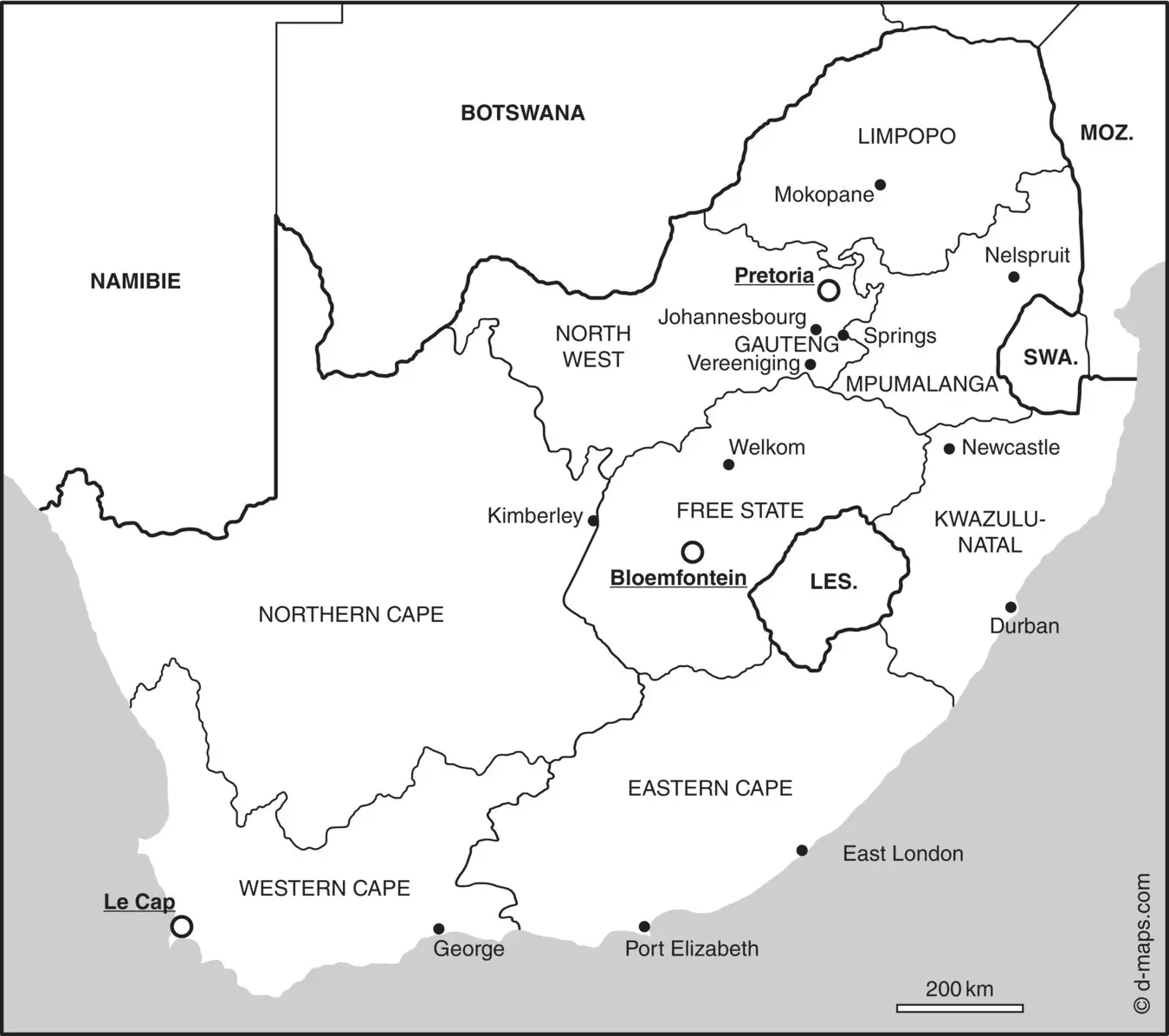
FIGURE I.2 Provinces and cities in South Africa.
TABLE I.1 The population of Lagos, Ibadan, Kano, Johannesburg and Cape Town (in thousands) 5
|
1866 |
1891 |
1911 |
1952 |
1963 |
1970 |
1991 |
2010 |
| Lagos |
25 |
32 |
73 |
272 |
542 |
1266 |
5195 |
8048 |
| Ibadan |
100 |
120 |
175 |
459 |
427 |
998 |
1835 |
2551 |
| Kano |
30 |
|
|
127 |
255 |
882 |
2167 |
2826 |
|
1866 |
1891 |
1904 |
1951 |
1960 |
1970 |
1996 |
2011 |
| Johannesburg |
— |
3 |
327 |
969 |
1247 |
1561 |
2638 |
4434 |
| Cape Town |
22 |
51 |
77 |
500 |
803 |
1300 |
2565 |
3740 |
From the early twentieth century onwards, South African labour policies divided workers into two separate groups: on one hand, a category of urban workers who were to be made into stable residents by granting them rights related to housing, employment and family life, and on the other, a population of temporary migrants destined to return to the countryside once their labour contracts were completed. For the members of this second group, the hostel* – or more precisely the assignment of a bed (‘bedhold’) – became the institution structuring their daily lives, as well as relationships with their employers and administrative authorities, fellow workers at the hostel, apparently favoured neighbours living nearby in family quarters and women whose unauthorised residence depended on the goodwill of the men to whom they had to be attached (Ramphele 1993). During the same period, labour policies in Nigeria led to the creation of a new category of urban resident called ‘non‐native’ – defined in opposition to ‘native’ – which was the norm at the time. These policies authorised the presence of migrants needed by the colonial economy, but required them to reside in reserved neighbourhoods and placed them under a separate authority to avoid diminishing the power of native chiefs.
Читать дальше
